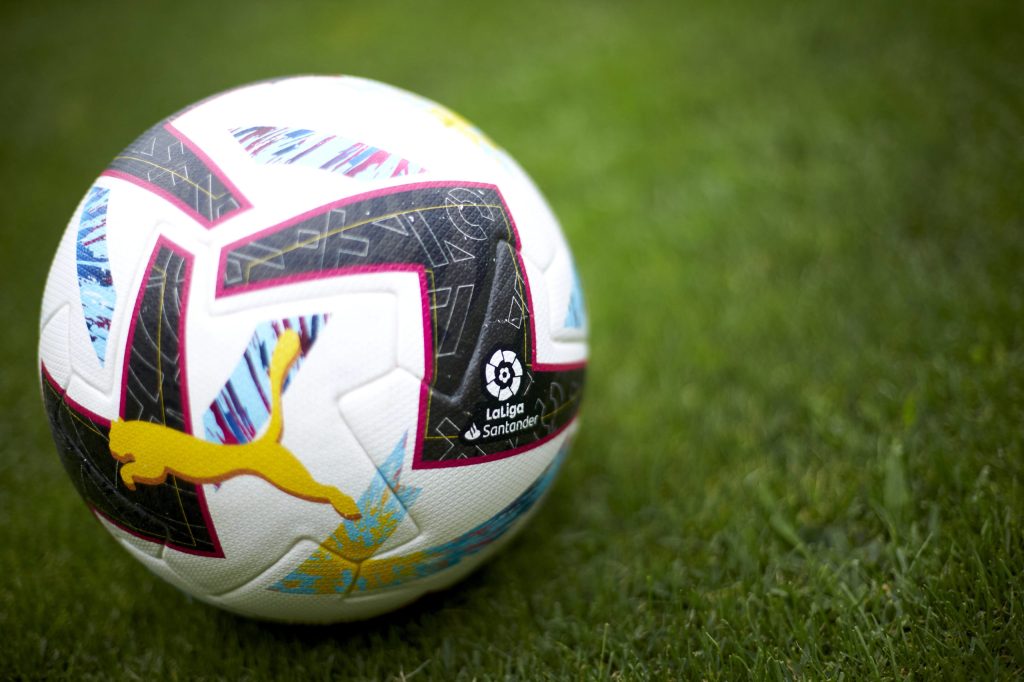Now, let’s try to answer this question!
Football is the most popular sport globally, with about 3 billion fans/supporters in Europe, Africa, Asia, and the American continent. Right after that, we find cricket and basketball in second and third place, respectively.
Good to know: For professional football l players or amateurs, hemp and cannabis seeds are an excellent addition to your diet and help your body recover after sports sessions. Some of the best suppliers and online stores, such as SensorySeeds.com, can tell you how cannabis seeds grow, how to use hemp seeds in the kitchen, or what the best cannabis seeds are online.
Historical background: how did Football come about?
According to FIFA, the father of football (actually a super, old grandfather) is CUJU, which originated in China some 2500 years ago. Cuju was a game with a ball thrown with the feet in which the hands were not allowed – generally; you had to send the ball into a net or between two flags – that’s about it.
But how did football become so popular?
The spread and popularity come from 3 main factors :
- it is an easy sport
- it creates idols and legends
- it makes a lot of money
Let us look at these 5 factors in detail:
Football creates popular idols
Football creates idols, heroes, and VIPs – often boys from humble and popular backgrounds who have just learned to play in the streets, even in countries with many difficulties. Football creates myths about people who dream of escaping poverty and achieving money and fame.
Football is a business
In the UK, for example, it is impossible not to have football news every day … the ball is always present on the television screen, on computers or even on the radio! Broadcasting a football match is an actual business thanks to advertising: specific brands/companies are willing to spend millions of euros. In short, football is a huge business.
Football is also a business and an opportunity for entrepreneurs and wealthy tycoons to reassert their supremacy. Finally, it is a play, a mass entertainment that has, over time, acquired all the connotations of star business:
- The big stars
- The expected and celebrated shows
- The galas
- The fan clubs and groupies
Faith in a team
And there is a pseudo-religious component. How many times do we hear the idea of a stadium approaching that of a temple and watch famous players being worshipped? How often do we hear of ‘faith’ for a team? Politically, on the other hand, according to many, football has played a social drug function since its origins.
In nineteenth-century England, factory owners had to reduce their workers’ working hours, giving them new leisure time. Directing them towards the sport meant keeping them away from the pubs and in good shape: a double advantage. Many workers became professional players, many factory owners owned teams, and the other workers were fans of the same groups, a perfect outcome for the capitalist system.
Heroes, emblems and trophies
Because of all these facets, it has become what it is: the most incredible contemporary tribal show. It’s a show that has its heroes, its emblems and its trophies. At the centre of the stage are the players and coaches, increasingly paid, increasingly media stars, increasingly idolised. The players come from the same working environment as most fans and often have exemplary stories of redemption and social climbing behind them. They live in an extraordinary contradiction because to assert themselves, they need to be selfish and self-centred on the one hand and capable of sacrificing themselves for the team.
Their successes and failures are public, requiring them to have great personalities.
This does not exempt many of them from being superstitious, a behaviour that can be traced back to primitive tribes, where life was entirely of risks and where magical thinking originated, but not only: ‘If they can convince themselves that their bizarre actions will make them play better, then so be it, simply because the rituals will help them reduce tension and give them greater confidence and, therefore, a greater chance of success.
When the goal comes
The moment that most unites the heroes with their audience is the goal: the fans cheer in the stands, and their favourites celebrate the symbolic kill by jumping and hugging each other.
This is one of the aspects that have evolved the most in recent years: in the past, it was usually limited to little more than a handshake between teammates, but today, a wide range of rituals are staged, some of them veritable individual trademarks.






